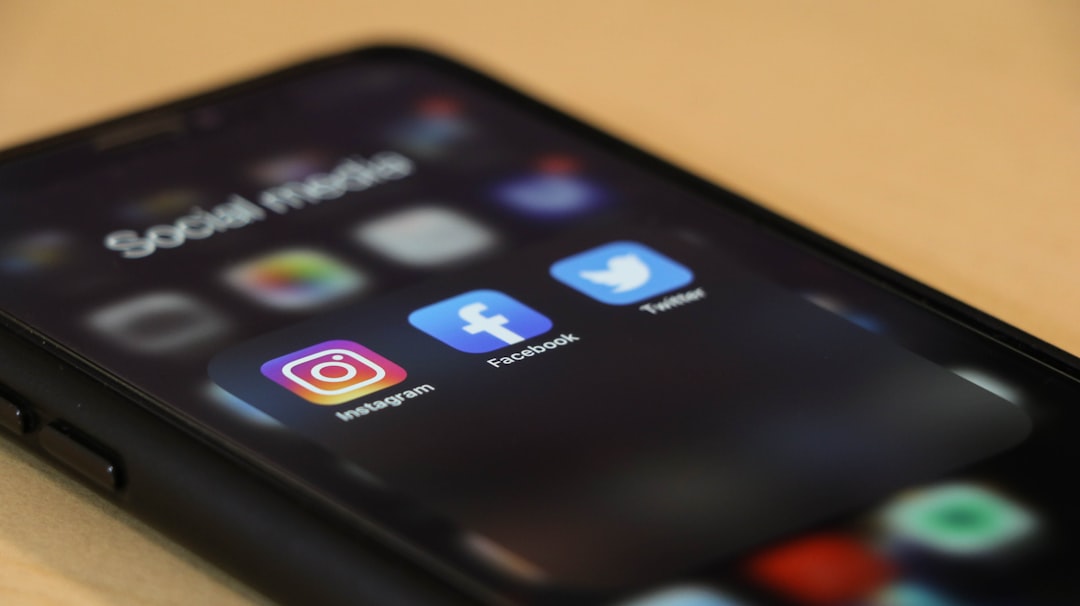In today’s digital age, social media influencers have become powerful tools in brand building and marketing strategies. With millions of followers across various platforms, influencers have the ability to reach a wide audience and influence their purchasing decisions. This has led to the rise of influencer partnerships as a key component of successful brand building campaigns.
Influencer partnerships involve collaborating with popular social media personalities to create content that promotes a brand or product. These partnerships can take many forms, from sponsored posts on Instagram to brand ambassadorships and product collaborations. The goal is to leverage the influencer’s credibility and reach to increase brand awareness, drive traffic to the brand’s website, and ultimately increase sales.
One of the key benefits of influencer partnerships is the ability to reach a highly targeted audience. Influencers have built a loyal following that trusts their opinions and recommendations. By partnering with an influencer whose audience aligns with your target market, you can effectively reach potential customers who are likely to be interested in your brand or product. This targeted approach can lead to higher engagement rates and a better return on investment for your marketing efforts.
In addition to reaching a targeted audience, influencer partnerships also allow brands to tap into the creativity and authenticity of influencers. Influencers are expert content creators who know how to engage their followers with compelling and visually appealing content. By collaborating with influencers, brands can benefit from their unique perspective and storytelling ability, creating authentic and engaging content that resonates with their audience.
Furthermore, influencer partnerships can help brands build credibility and trust with consumers. As influencers are seen as experts in their niche, their endorsement of a brand or product can lend credibility to the brand and validate its quality. This can be especially beneficial for new or lesser-known brands looking to establish themselves in the market and differentiate themselves from competitors.
Another key advantage of influencer partnerships is the ability to generate buzz and create excitement around a brand or product. Influencers have the power to create trends and drive conversations on social media. By partnering with influencers, brands can leverage their influence to spark interest and generate buzz around their latest offerings. This can help generate organic word-of-mouth marketing and create a sense of FOMO (fear of missing out) among consumers.
It’s important to note that successful influencer partnerships require a strategic approach and a long-term commitment. Brands should carefully research and vet potential influencers to ensure they align with their values and target audience. It’s also crucial to establish clear objectives and expectations for the partnership, including deliverables, timelines, and key performance indicators.
Additionally, brands should focus on building genuine relationships with influencers based on mutual trust and transparency. Authenticity is key in influencer marketing, and consumers can quickly sniff out inauthentic partnerships that feel forced or insincere. By fostering genuine relationships with influencers, brands can create meaningful and impactful partnerships that resonate with consumers and drive real results.
In conclusion, influencer partnerships play a crucial role in brand building and marketing strategies. By leveraging the reach, credibility, and creativity of influencers, brands can effectively reach their target audience, build credibility and trust, generate buzz, and ultimately drive sales. As the influencer marketing landscape continues to evolve, brands that embrace influencer partnerships as a key component of their marketing mix will be better positioned to succeed in today’s competitive marketplace.












